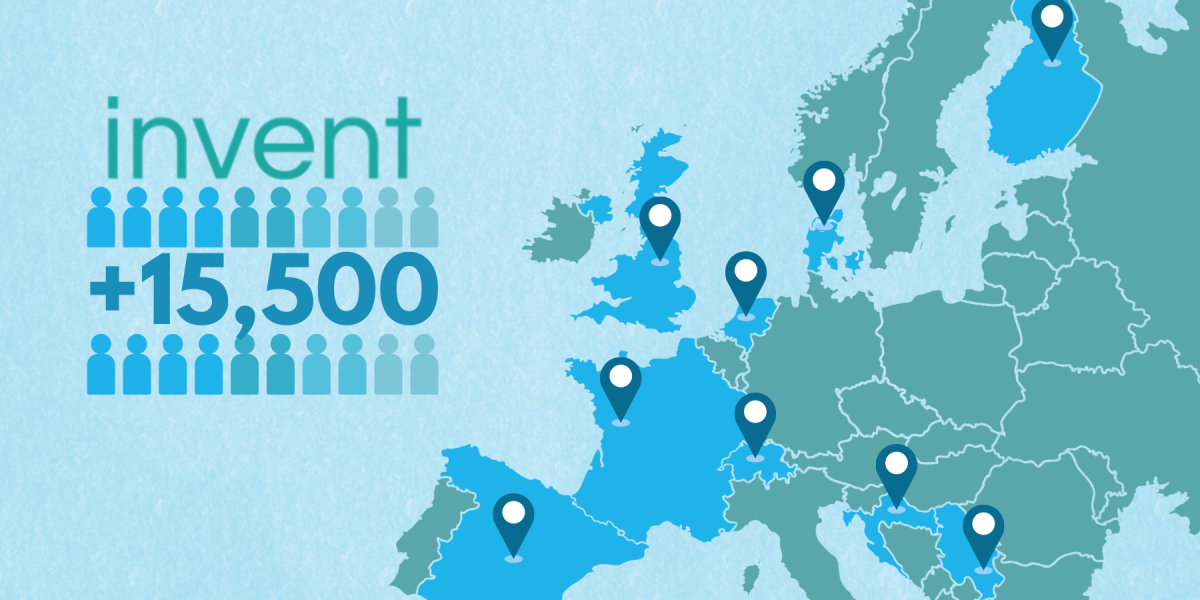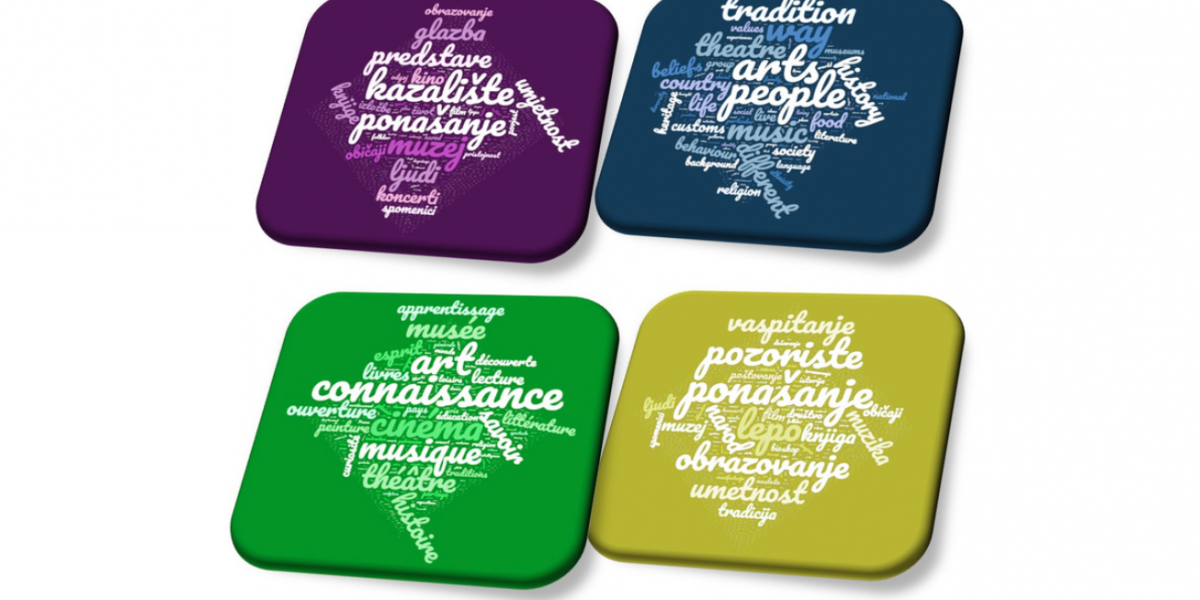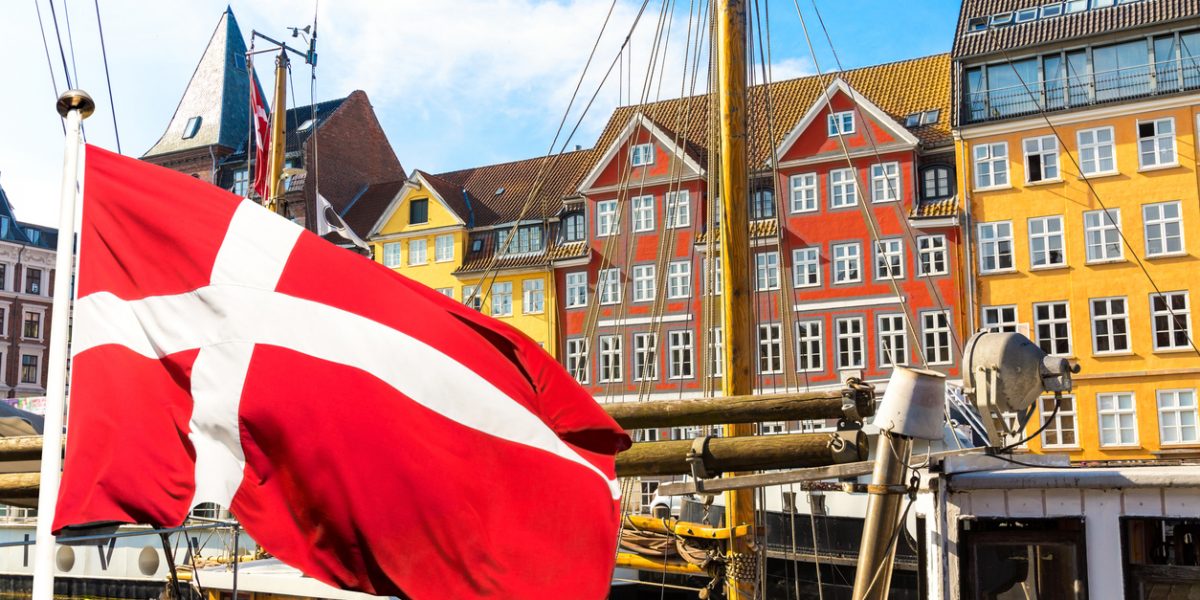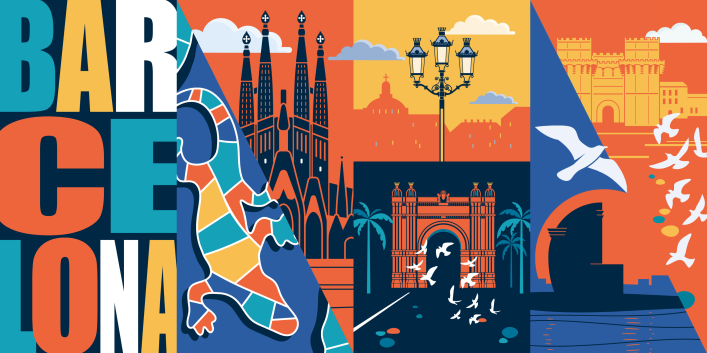Research updates
INVENT presentation at NordMedia 2021 on the Danish cultural Twittersphere
On Thursday, August 19, the Danish team presents the paper “#kultur – Mapping conversations about culture in the Danish Twittersphere“ at the biannual Nordmedia conference, held online due to the ongoing Covid19-situation. The study is based on the Danish data from the first phase of the INVENT data scraping and investigates to what extent Danish news organizations and cultural journalists
INVENT survey fieldwork successfully completed in nine European countries
The INVENT team conducted a comprehensive survey among a representative sample of the population aged 18-80 years in all nine countries that are included in the INVENT project: Croatia, Denmark, Finland, France, the Netherlands, Serbia, Spain, Switzerland, and the United Kingdom. The survey was administered between mid-April and early July 2021 by specialized agencies in each country, that used multiple
Plural notions of culture and challenges to cultural policy-making
Even though culture as a word reflects multiple, often contradictory notions, the dominant understanding of culture within cultural policy practice and debates oftentime limits culture to professional cultural actors and excludes other notions. In order to provide insights into multiple notions of culture as perceived by citizens in Europe, in one of the questions in the survey the INVENT team
How people in Switzerland talk about culture online
The Swiss INVENT team has recently completed the analysis of Twitter posts related to “culture” in Switzerland. The final sample consists of more than 80’000 tweets in four different languages, posted in 2019 and 2020. Preliminary results show that culture is interpreted in various ways in the Swiss Twittersphere. On the one hand, many tweets refer to different forms of
Which cultural activities citizens of Serbia missed the most during the COVID-19 pandemic?
In one of the questions, in a survey study conducted as part of the INVENT project, we presented respondents with 15 activities associated with the domains of elite, popular and everyday culture and asked them to state how often they participated in these activities. The options were: almost daily, at least once per week, at least once per month, less
Culture and Symbolic Boundaries in Serbia
Results of Exploratory Study in Serbia – Part II Culture unites, but culture can also divide. In the exploratory study conducted with the aim of collecting different understandings of culture in June and July 2020, one of the questions was directed towards identifying symbolic boundaries in the area of culture in Serbia. According to Lamont (2001) symbolic boundaries are the
Survey Completed in the UK
After commencing the distribution of the survey on the 20th of May, we are happy to announce the completion of the fielding period in the UK with 2,411 respondents in total. The UK team has joined forces with the local survey company, YouGov, in order to explore the ways in which Britons perceive and engage with culture. Stay tuned for
Survey data collection completed in Denmark
With a total of 1,650 completed responses, the data collection for the 2021 Danish INVENT survey ended on June 15. A slightly larger share of women than men answered the questionnaire, half of the sample is above the age of 55, and one third is between 35 and 54 years old. While the majority of participants hold the Danish citizenship,
Effects of Covid-19 on Cultural Practices in Serbia
Results of Exploratory Study in Serbia – Part 1 The exploratory study was carried out in June and July 2020, with citizens invited to participate via Facebook accounts. The final sample included 215 respondents. The question All over Europe people are currently affected by the COVID-19 pandemic. Can you describe how this pandemic has affected cultural practices in your everyday life? in
What does culture mean to you?
Exploratory study among Spanish citizens by Jinju Kim and Jordi López Jinju Kim and Jordi López from the Spanish INVENT team conducted an exploratory study about the meaning of culture in Spain between 27th May 2020 and 4th July 2020 in Catalan and Spanish languages. It asked Spaniards “What comes to mind first when you think of the word culture?












 This project has received funding from the European Union’s Horizon 2020 research and innovation programme under grant agreement No
This project has received funding from the European Union’s Horizon 2020 research and innovation programme under grant agreement No